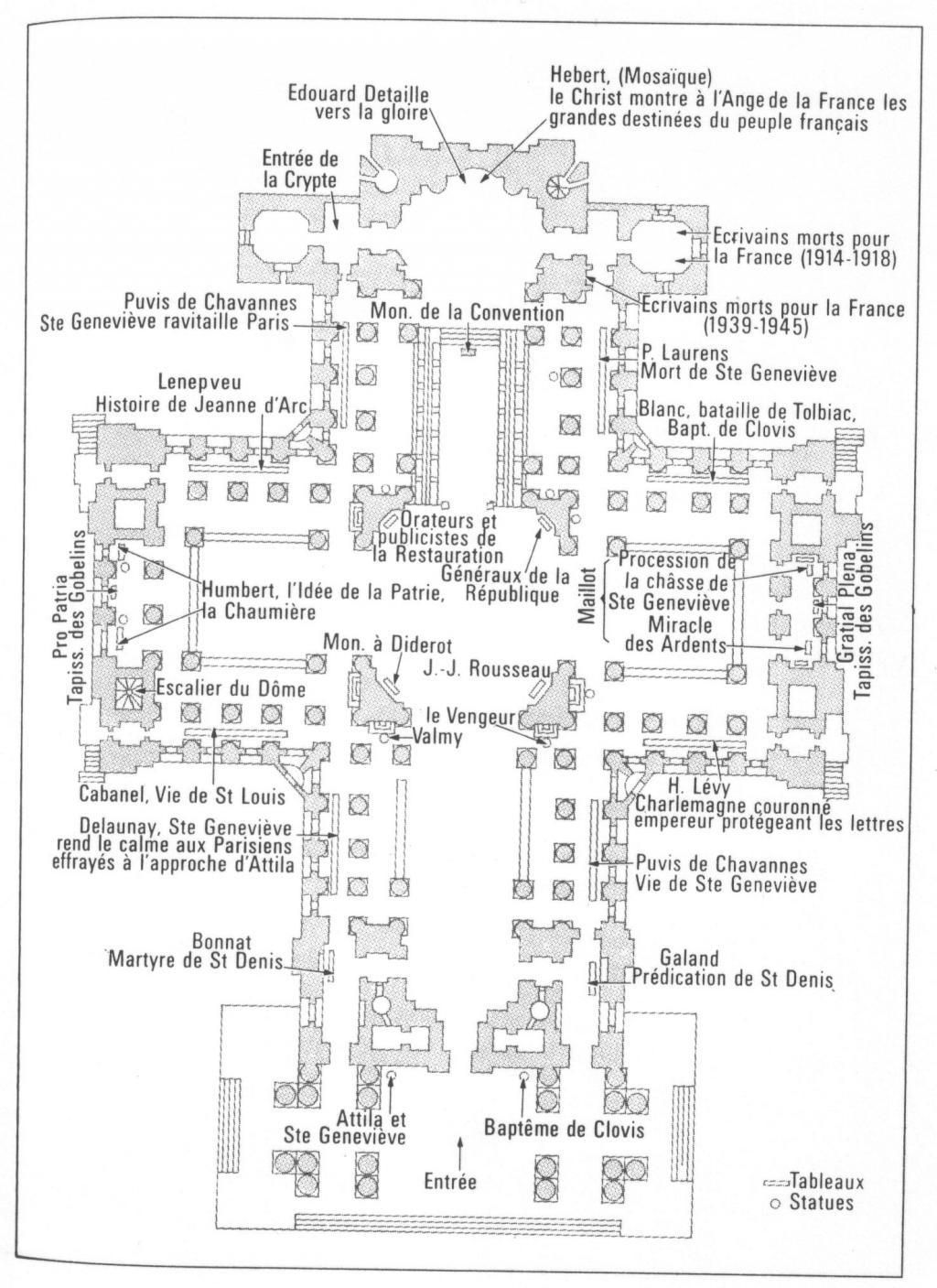Émile Zola
Birth Name:
Émile Édouard Charles Antoine Zola
Birth Date:
April 2, 1840
Birth Place:
Paris, France
Death Date:
September 29, 1902
Place of Death:
21 Rue de Bruxelles, Paris, France
Age:
62
Cause of Death:
Carbon monoxide poisoning caused by an improperly ventilated chimney, but some speculation of possible homicide
Cemetery Name:
Le Panthéon
Claim to Fame:
Writers and Poets
Émile Zola was a French novelist, journalist, playwright, the best-known practitioner of the literary school of naturalism, and an important contributor to the development of theatrical naturalism. Naturalism contributes something more than realism: the attention brought to bear on the most lush and opulent aspects of people and the natural world. He was a major figure in the political liberalization of France and in the exoneration of the falsely accused and convicted army officer Alfred Dreyfus, which is encapsulated in the renowned newspaper headline J'Accuse…! Zola was nominated for the first and second Nobel Prize in Literature in 1901 and 1902.
Cemetery Information:
Grave Location:
CryptGrave Location Description
Enter through the main entrance, and go straight all the way to the back of the building. There will be a sign pointing left to go to the Crypt. Follow the signs and go down the staircase to the Crypt. In the Crypt, equal in size to the main hall above, though with space consumed by structural elements, you’ll see the tombs for Alexandre Dumas and Emile Zola along with Victor Hugo in the same alcove. Victor Hugo will be on the left, Alexandre Dumas in the center, and Emile Zola on the right side of their alcove.
Grave Location GPS
48.84625, 2.34611Photos:
[+]
[+]
[+]
[+]
[+]
[+]
[+]
[+]
[+]
[+]
[+]
[+]
[+]
[+]
[+]
[+]
[+]
[+]
[+]
[+]
FAQ's
Émile Zola was born on April 2, 1840.
Émile Zola was born in Paris, France.
Émile Zola died on September 29, 1902.
Émile Zola died in 21 Rue de Bruxelles, Paris, France.
Émile Zola was 62.
The cause of death was Carbon monoxide poisoning caused by an improperly ventilated chimney, but some speculation of possible homicide.
Émile Zola's grave is in Le Panthéon
Read More About Émile Zola:
- Wikipedia Entry
- 10 Things You Should Know About Émile Zola
- The Suspicious Death of Émile Zola
- The Strange Death of Émile Zola
- The asphyxiation of Emile Zola
- Zola Is Not Impressed, and Other News
- 1898: Emile Zola Is Convicted of Libel for Defending Dreyfus
- Émile Zola and the integrity of representation
Videos Featuring Émile Zola:
See More:
Back to Top







